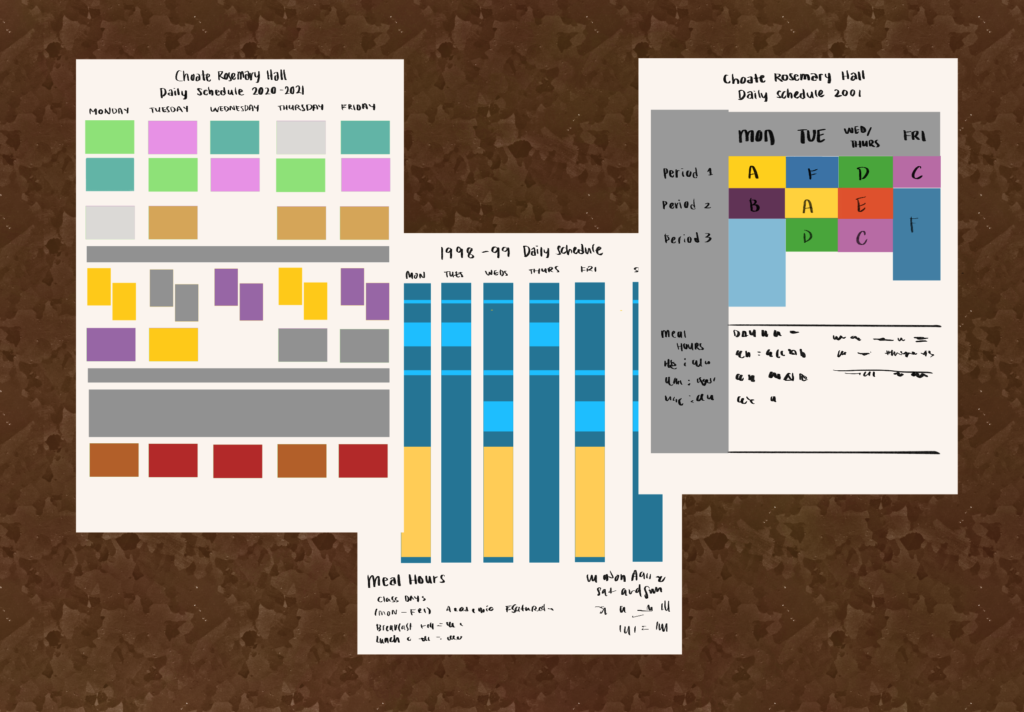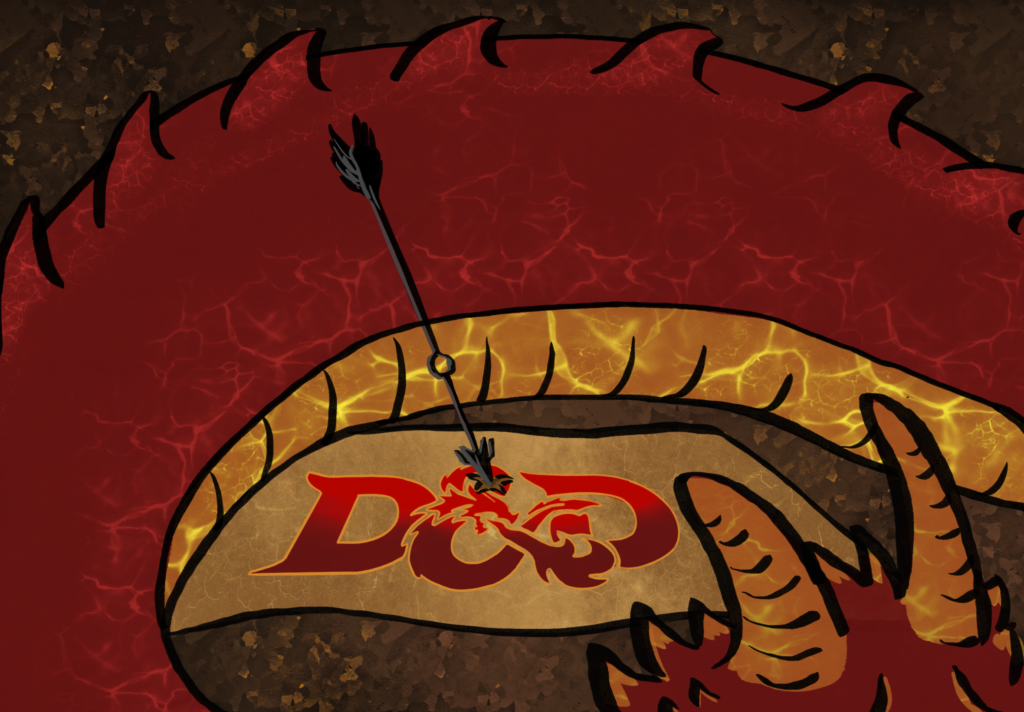It’s a beautiful day outside. Birds are singing; flowers are blooming. On spring days like these, students are often out and about with friends: Maybe they’re going out to eat, on a day trip to New Haven, or even exploring the exotic town of Wallingford. It would be odd to find someone playing video games alone in front of the computer screen. These people exist, though, and they aren’t necessarily alone.
Though there may not be people within their physical vicinity, gamers are often playing with one another from across campus. In other words, they are engaging in just as much positive social interaction as a lively table in the dining hall or Frisbee players on the field. Philip Xu ’16 said, “We love laughing together about funny stuff that happened or crazy displays of skills.” Gaming is also a great way to spark conversation and debate. Ranjan Guniganti ’16 added, “It’s just a common interest – even if someone I talk to isn’t a friend, if that person plays League of Legends, then there’s almost always material to discuss.”
The social aspect of gaming is certainly not specific to Choate; Guniganti and Nathaniel Kerman ’16 recalled creating relationships with friends or neighbors from home over video games. Kerman reminisced, “I definitely connected with my neighbor over Runescape, and it’s a fun talking point.” Every boarder understands the sinking feeling of leaving friends and family to come to Choate and how hard it may be to maintain connections with them. Gaming provides a potential solution, as Kanon Kihara ’17 has discovered: “I still play Monster Hunter with my friends back home. Thank you, Internet.”
Some people would instead rather view video gaming more artistically, just as one may view a book, movie, or television show. When asked why she plays video games, Stephanie Liu ’17 responded, “Video games are a way to relax and also a form of artistic expression. The story medium of the video game is interesting, as it blends text and visuals while also allowing you to interact with the game to have more of a direct experience.”
These cinematic elements create a world and story that can drive people’s emotions, and sometimes their creativity can spark awe and wonder. Kerman said, “I like the ability to do in video games what I’ve never done in reality — what might be impossible in reality. I play Kerbal Space Program because with every fiber of my being I want to go to space, but I’m unlikely to ever be able to. At least I can go to cyberspace, if you’ll pardon my pun.”
However, some gamers might need to be occasionally dragged back to reality. Video games can be an especially addictive hobby, distracting students from their work and responsibilities. Liu admitted, “I have those days when I just cannot focus on my work and play video games. I pay the price pretty soon on the next day when I’m catching up on a lot of work.”
Other students have found that while this is the case, it’s not drastically different from media sources like YouTube or Netflix. Guniganti commented, “I think it’s pretty inevitable that video games, or any source of ‘non-productive entertainment,’ are going to serve as a distraction. My personal philosophy, however, is that people with real motivation, drive, and self-control won’t let a hobby get in the way of their work.” Not all gamers do let it interfere with their work. “When busy, I toned down how much I played as a result of having less free time,” said Kerman.
One central word ties gaming together: fun. It’s fun to play with Choate friends. It’s fun to play with friends from home. It’s fun to experience a magnificent story or awe-inspiring concept. Gamers all relish in that feeling of fun, and it’s a feeling that everyone can and ought to have at some point. For regular video gamers, gaming can be a relief from the stress that commitments may place on them. As Xu concluded, “It’s a way for me to relax on a long day — something to look forward to during a difficult week.”





